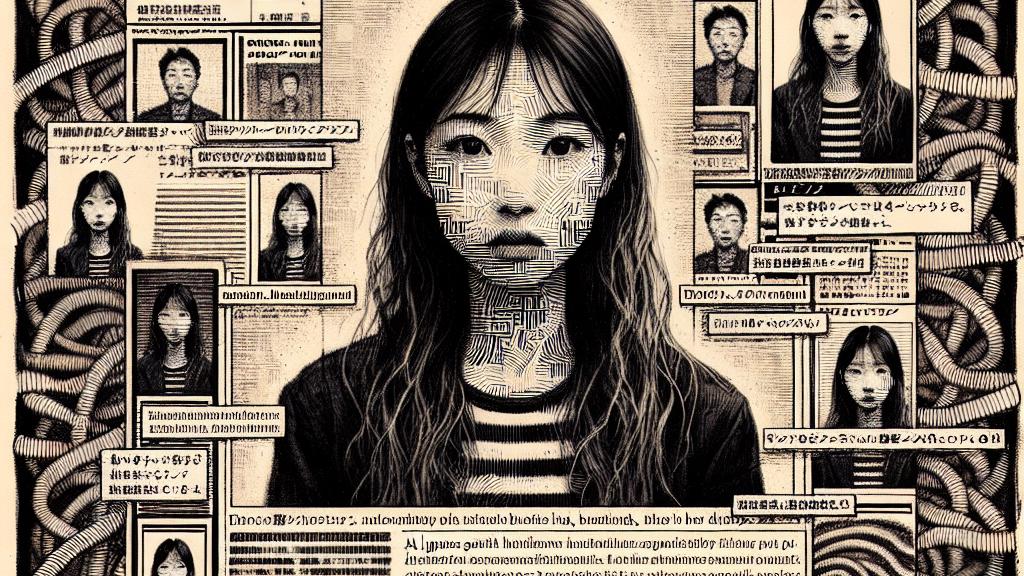Face Off: Stolen Photos Spark Newsroom Scandal!
Overview
- A content creator's photo was exploited without permission in a prominent newspaper article.
- Fabricated personal information escalated the situation, igniting public discourse.
- The incident underscores the urgent need for stronger privacy rights and media accountability.

The Incident: A Breach of Trust in Japan
In a shocking event that unfolded in Japan, social media personality Mii Camp discovered that a well-known newspaper had published her photo without her consent. The article, presented as an interview, grotesquely misrepresented her identity by including inaccurate details such as her name, birthplace, and blood type. Mii Camp was completely unaware of the article until her followers alerted her via social media platforms. This egregious misuse of her image not only challenged her personal privacy but also ignited a public debate over the responsibility of media outlets to protect the individuals they feature. Such violations reflect a broader trend in the digital landscape, where individuals must navigate the risks related to sharing their personal content online.
Legal Framework: The Complexity of Image Rights
This incident raises significant legal questions about copyright and portrait rights, issues that are increasingly relevant in today’s media practices. Although Japanese law does not explicitly define portrait rights, it recognizes an individual's right to control the use of their likeness, especially in publications. Legal principles suggest that unauthorized use of a person's image can lead to severe repercussions, including lawsuits and financial penalties for the offending media outlets. Past court cases highlight the serious consequences of infringing upon someone’s image rights, where unauthorized publication can not only damage personal reputation but also result in a loss of trust in media institutions. This pressing issue underscores the necessity for media companies to implement rigorous guidelines and conduct thorough fact-checking to respect individuals' rights and prevent legal disputes.
Public Backlash and the Call for Reform
The public response to this scandal has been marked by outrage and a strong demand for reform within media practices. Social media platforms erupted with users condemning the newspaper’s failure to verify the accuracy of their sources and protect individuals' rights. Many expressed concern over the implications for personal privacy in an increasingly interconnected world, emphasizing that the latest incident illustrates a concerning trend of neglect toward privacy rights in journalism. Public discourse has shifted towards advocating for clearer regulations regarding image usage and heightened awareness about the importance of consent in sharing personal information. Ultimately, this incident serves as an important reminder that both individuals and media outlets must foster a culture of accountability and respect, protecting the rights of those portrayed in the media while engaging with digital content.

Loading...